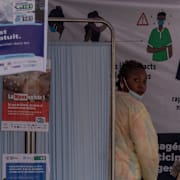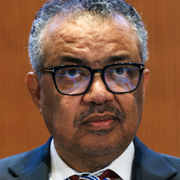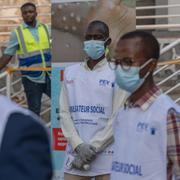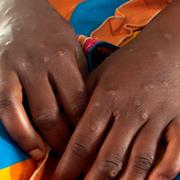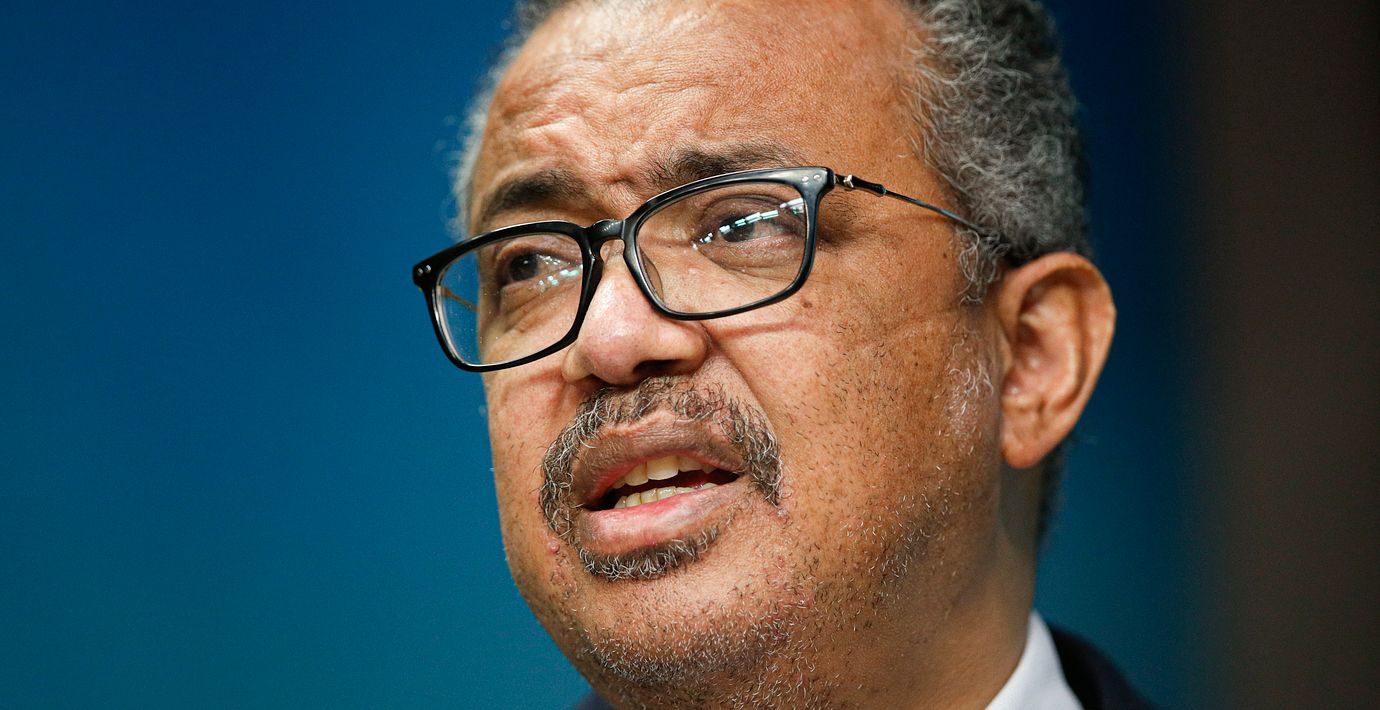
WHO klassar apkoppor som ett internationellt hälsonödläge
Världshälsoorganisationen WHO klassar utbrottet av apkoppor som ett internationellt hälsonödläge. Det säger WHO:s generaldirektör Tedros Adhanom Ghebreyesus på en presskonferens i Genève.
– Vi har ett utbrott som snabbt har spridit sig över världen genom nya överföringssätt som vi vet för lite om, säger han och tillägger att läget är extraordinärt.
Klassningen är den högsta som WHO kan utfärda och BBC skriver att det just nu finns två andra sjukdomar med samma klassificering, covid-19 och polio.
Organisationen bedömer att risken för att smittas av sjukdomen globalt är låg, men i Europa anses risken vara hög.
– Med verktygen vi har att tillgå kan vi få kontroll över utbrottet och stoppa spridningen, säger generaldirektören.
Totalt har över 16 000 fall av virussjukdomen upptäckts i 75 länder och fem dödsfall har rapporterats.
